10 years of CRACK IT webinar: The NephroScreen human kidney-on-a-chip platform, which could replace in vivo nephrotoxicity studies in drug development

10 years of CRACK IT webinar: The NephroScreen human kidney-on-a-chip platform, which could replace in vivo nephrotoxicity studies in drug development

The winning paper has developed organoids to replace mice in many areas of neurological research, with non-animal-derived hydrogels highly commended.

An introduction to assessing the welfare impact of new enrichment.
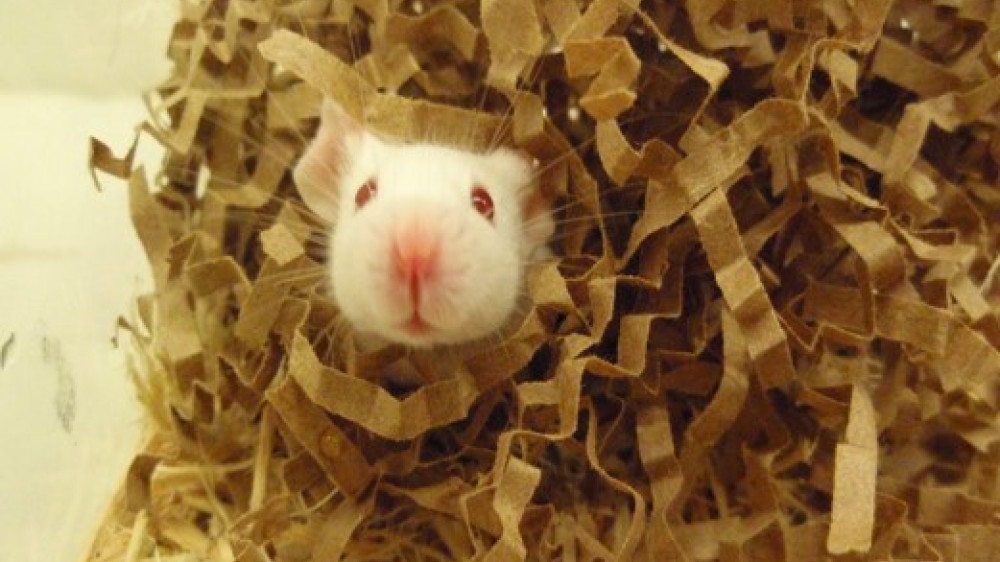
The importance of choosing the appropriate type of enrichment, including examples for rodents and zebrafish.
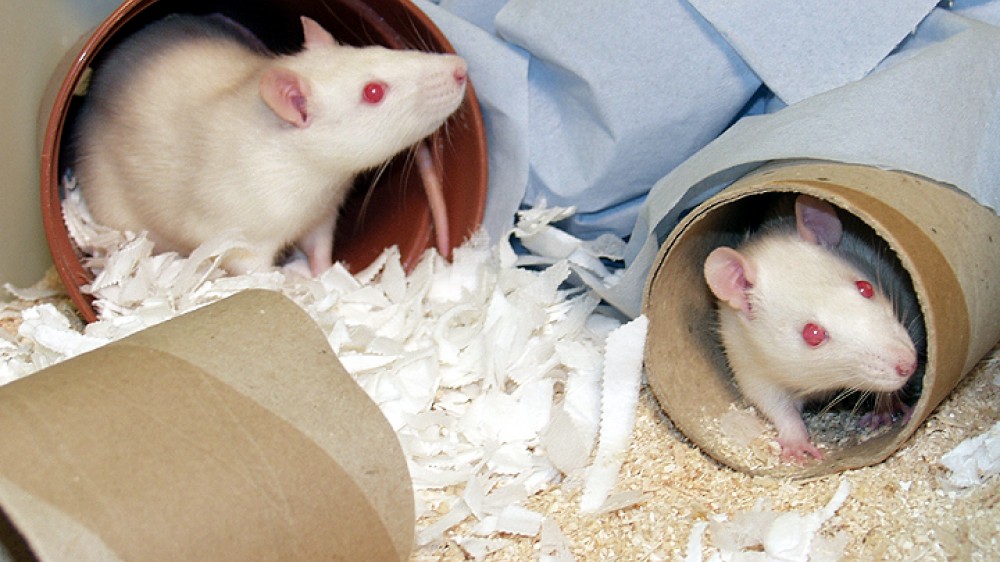
Questions to consider before you begin a study.
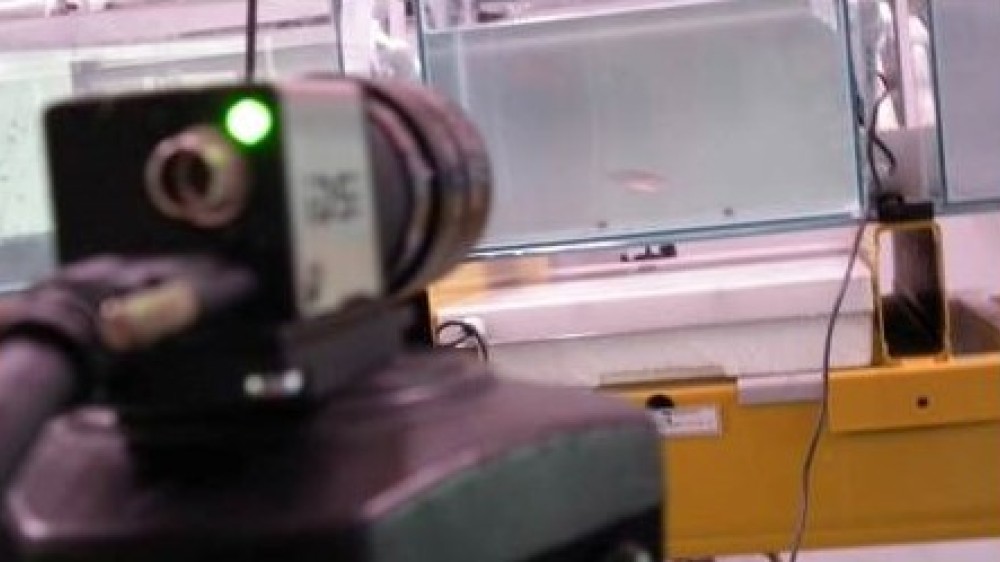
Using ethograms, preference tests and motivation tests to evaluate enrichment, including example protocols.
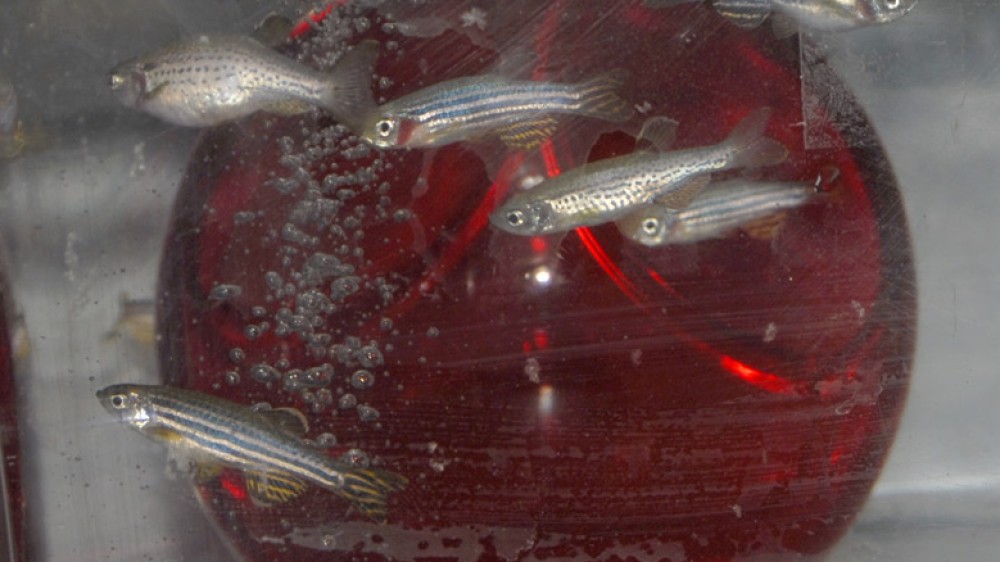
Minimising the influence of bias and understanding the limitations of an evaluation.
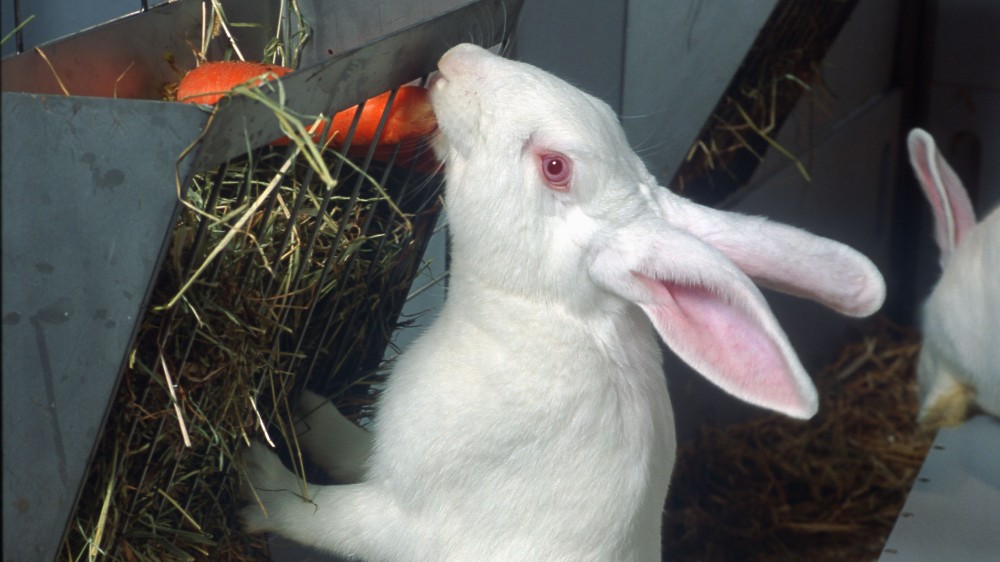
Using what you have learned to benefit the animals in your care and disseminating your findings.
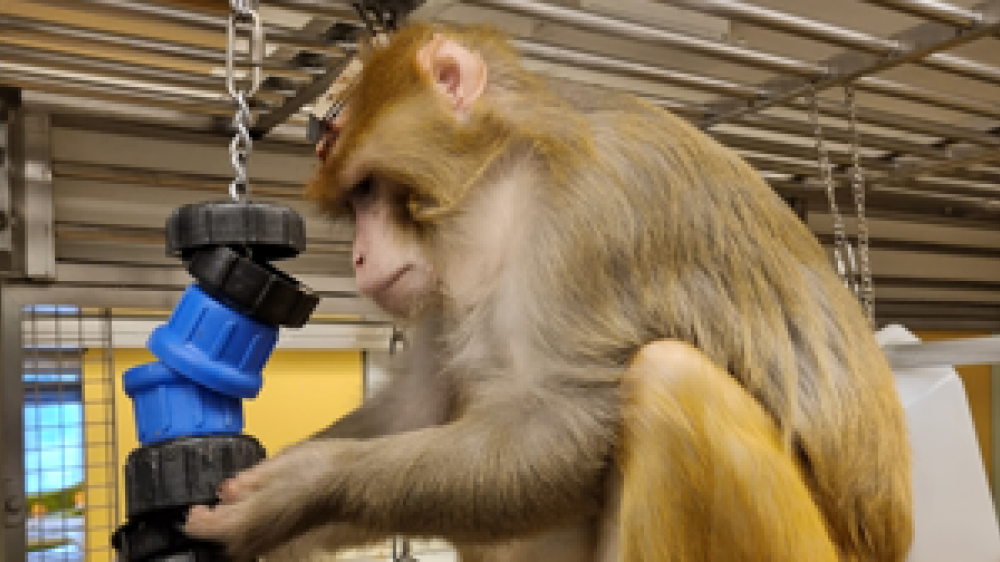
Frequently asked questions about determining whether your enrichment protocol is appropriate and effective.

Considerations and resources to support in vivo researchers as they return to working with laboratory animals following a lockdown.
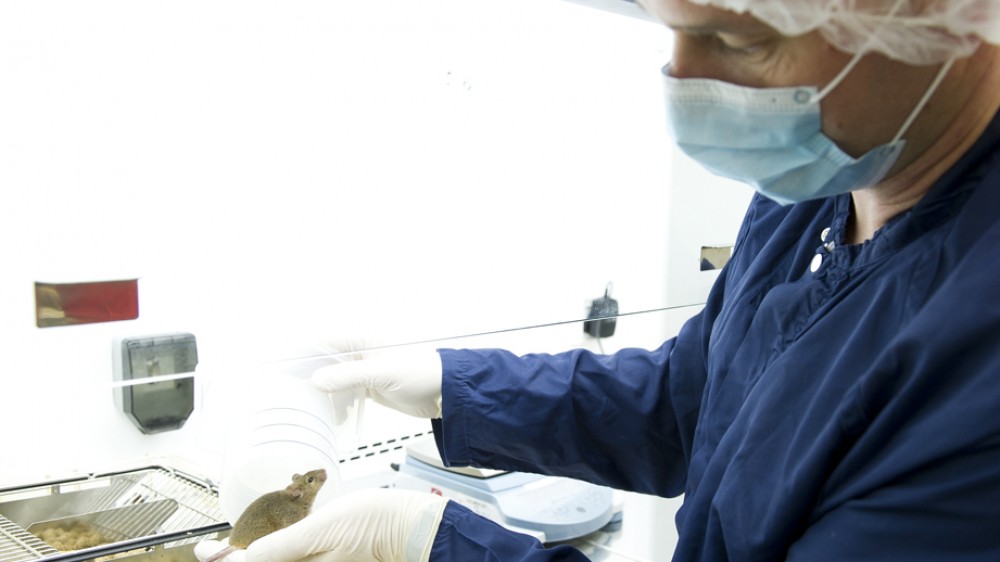
In this webinar Professor Paul Flecknell explains the benefits of e-learning for laboratory animal professionals.
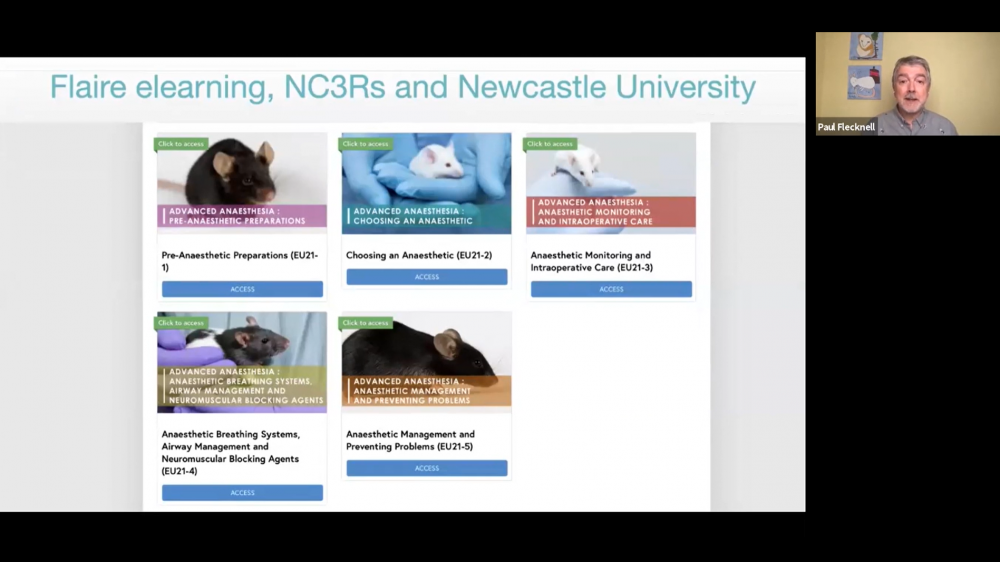
A webinar presenting the welfare benefits of playpens for laboratory rats and how to implement them in your facility.
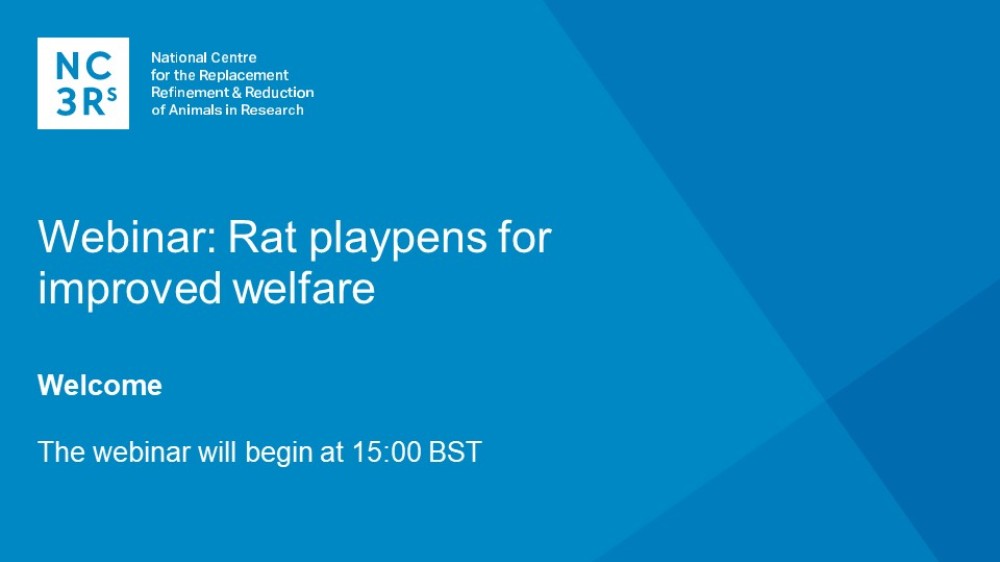
10 years of CRACK IT webinar: The Home Cage Analyser, which provides continuous monitoring of group-housed rodents.
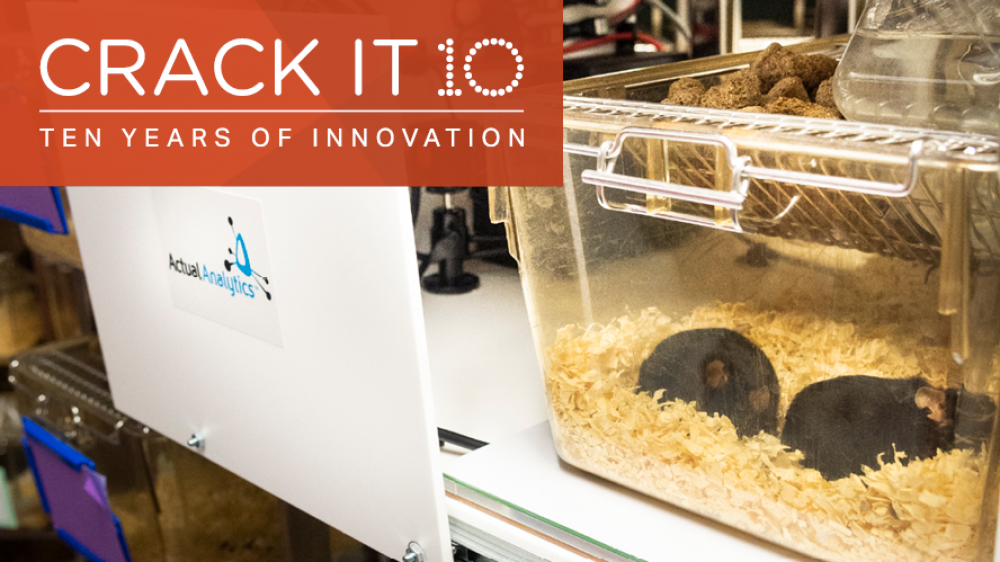
10 years of CRACK IT webinar: an in silico platform developed to model chronic Leishmania infection.
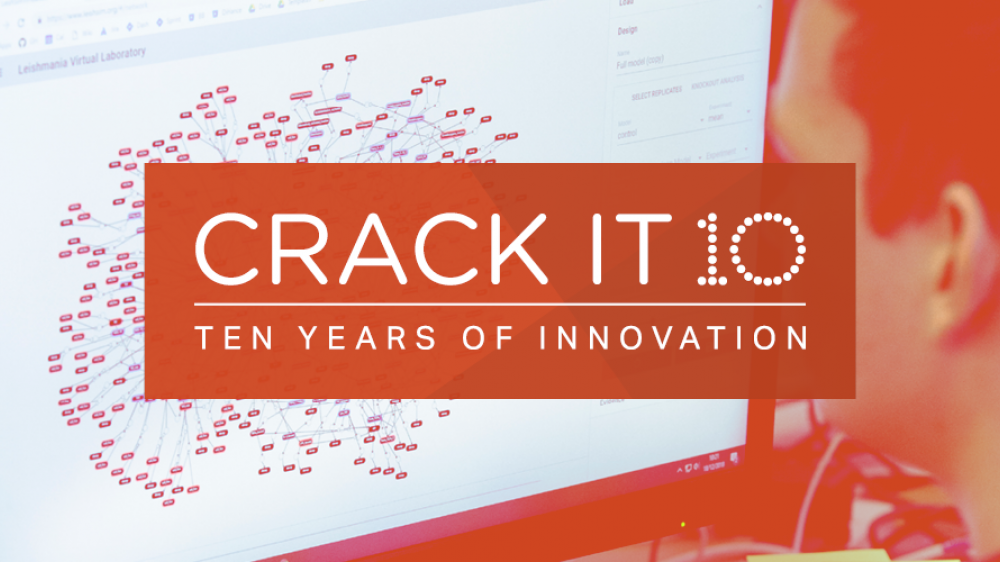
Amanda Novak (Edinburgh) presents advice on good surgical technique and refinements to incorporate into rodent stereotactic surgery procedures.
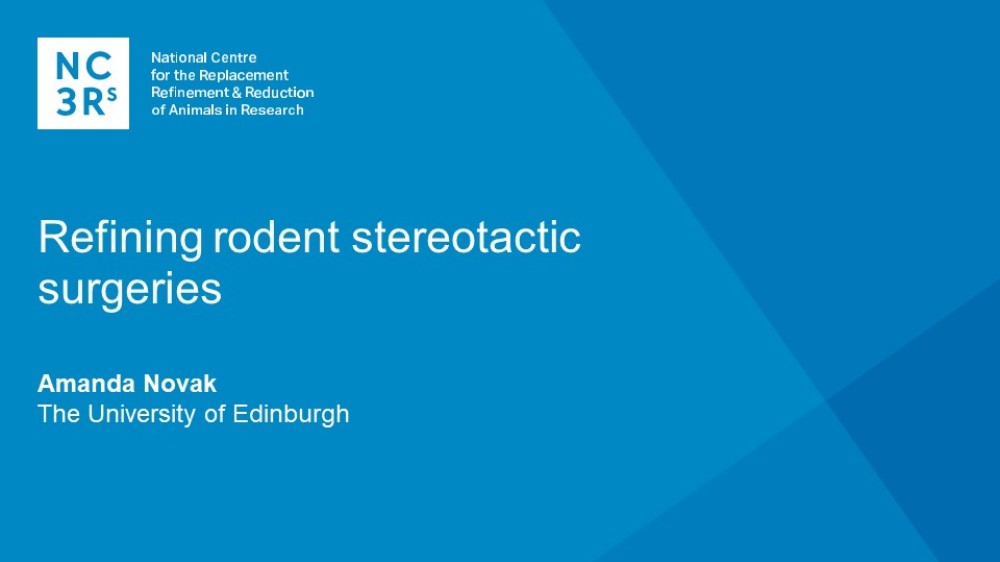
Practical resources to ensure that the 3Rs are considered and kept a priority when services are disrupted.
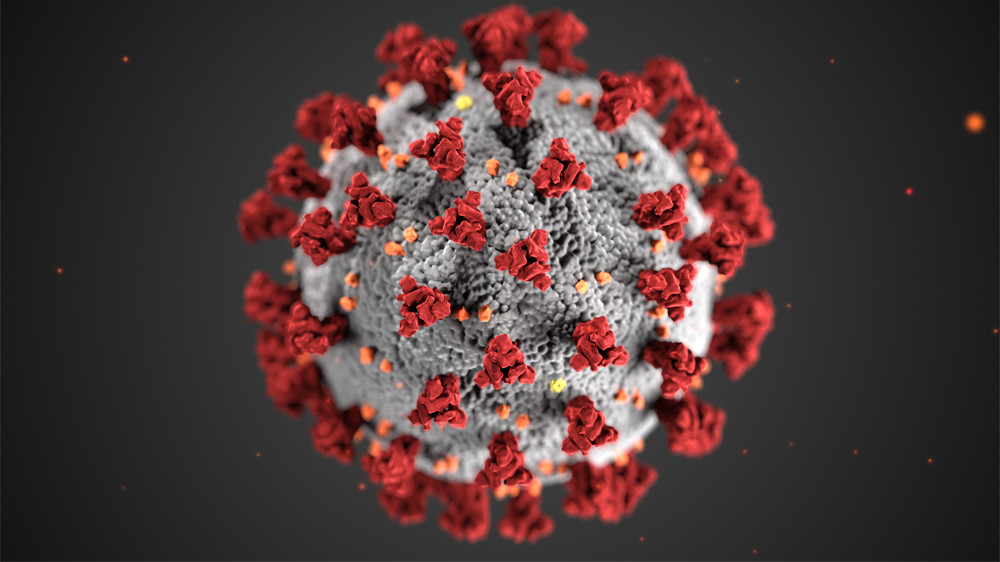
Guidelines for establishing, implementing and refining humane endpoints.
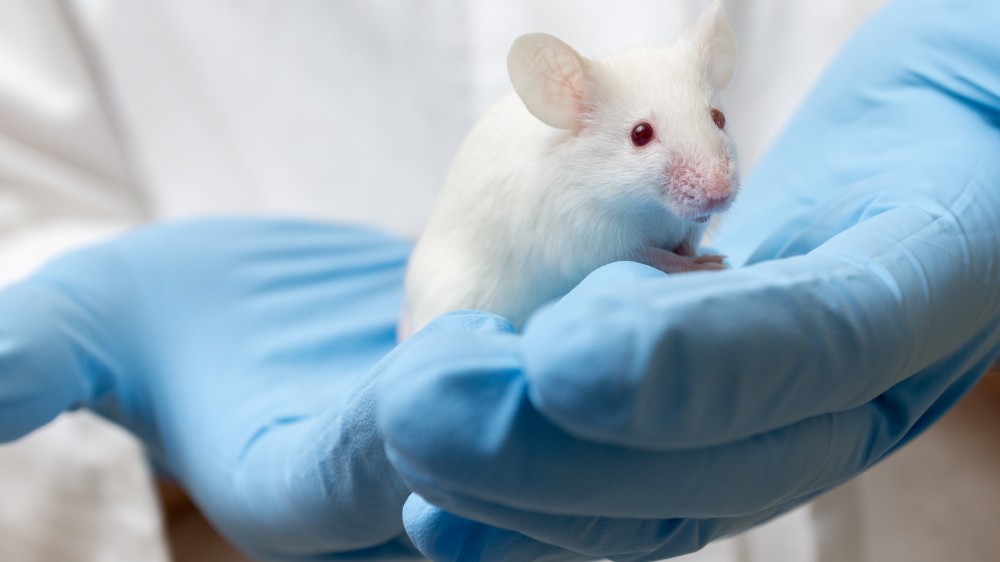
A joint NC3Rs/Mary Lyon Centre webinar on applying best practice to get the most out of the minimum number of animals.
Ways to prevent and manage aggression in laboratory animals, with specific advice for a range of mammalian species.
10 years of CRACK IT webinar: A C. elegans platform to assess the developmental and reproductive toxicity (DART) potential of chemicals.
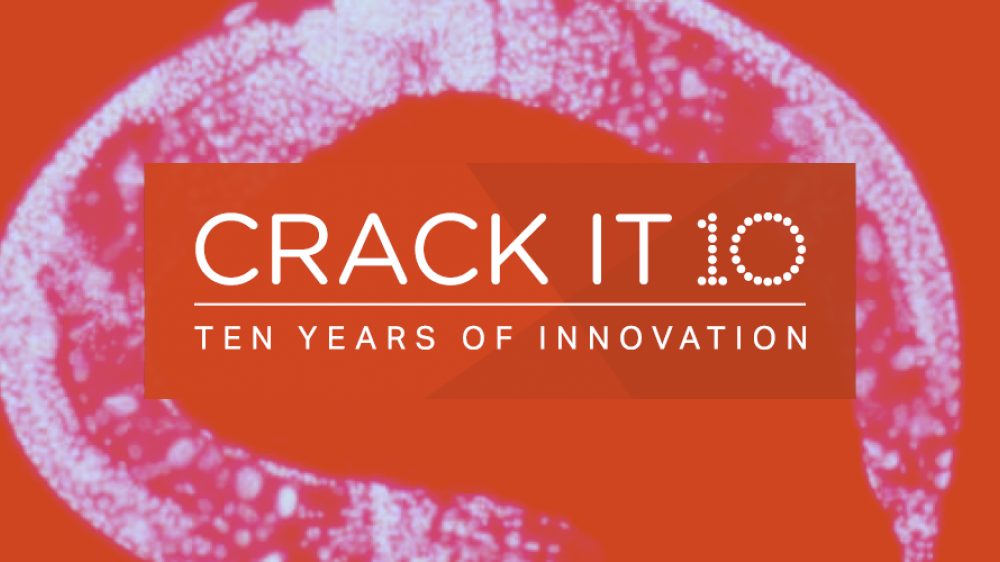
10 years of CRACK IT webinar: TaiNi, a small and ultra lightweight wireless EEG recording device.
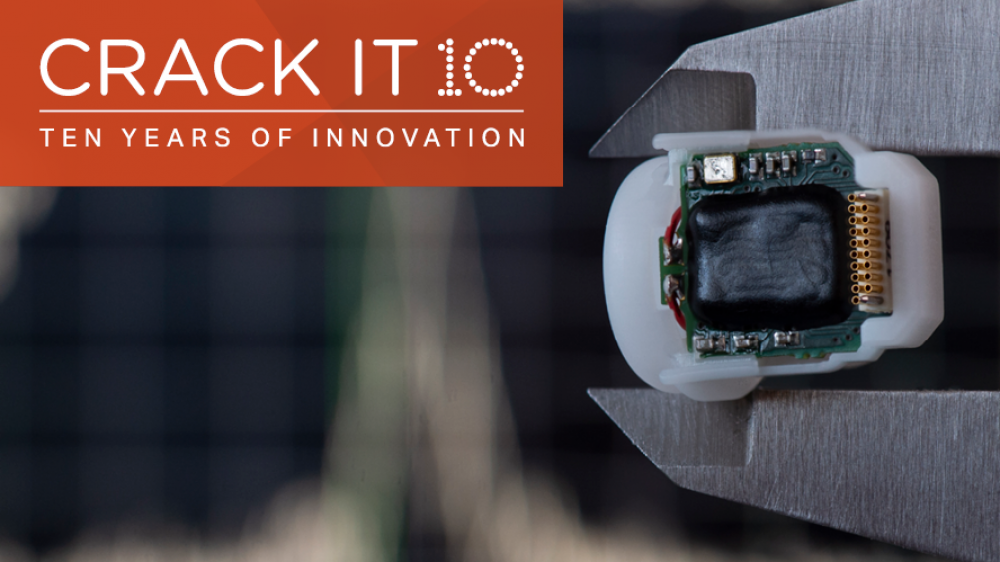
Promoting values and behaviours that support an institution-wide commitment to the 3Rs.
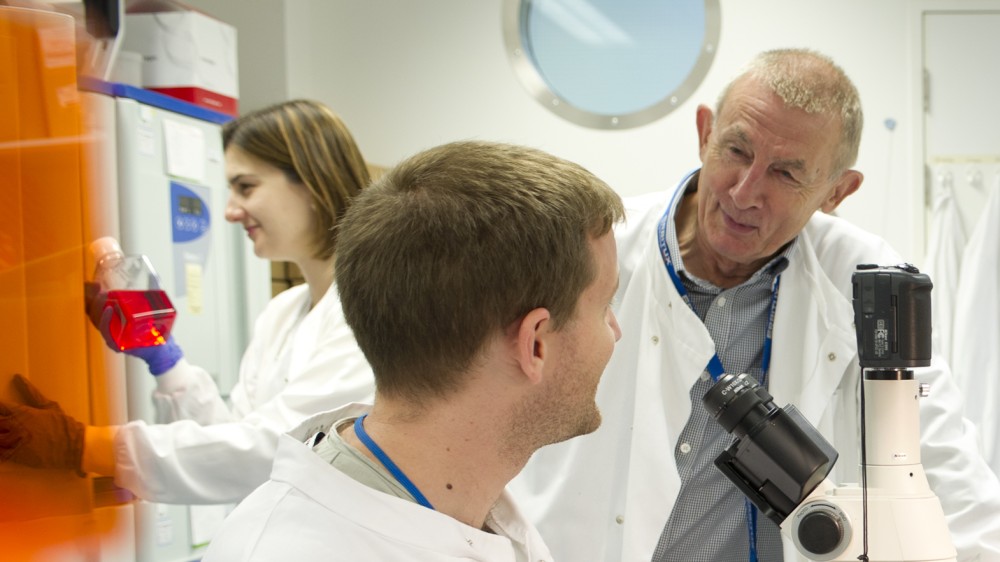
From planning to publication, resources to help you ensure your research is reliable, reproducible and rigorous.

Our approach to ensuring transparency in our work and its outputs.
